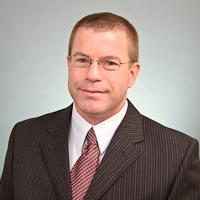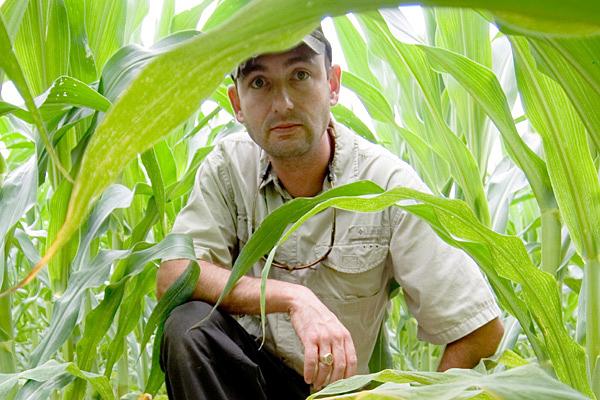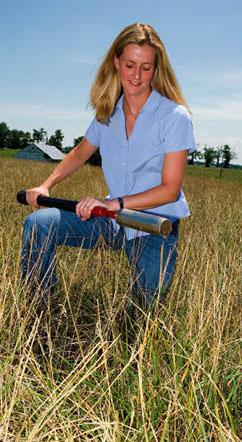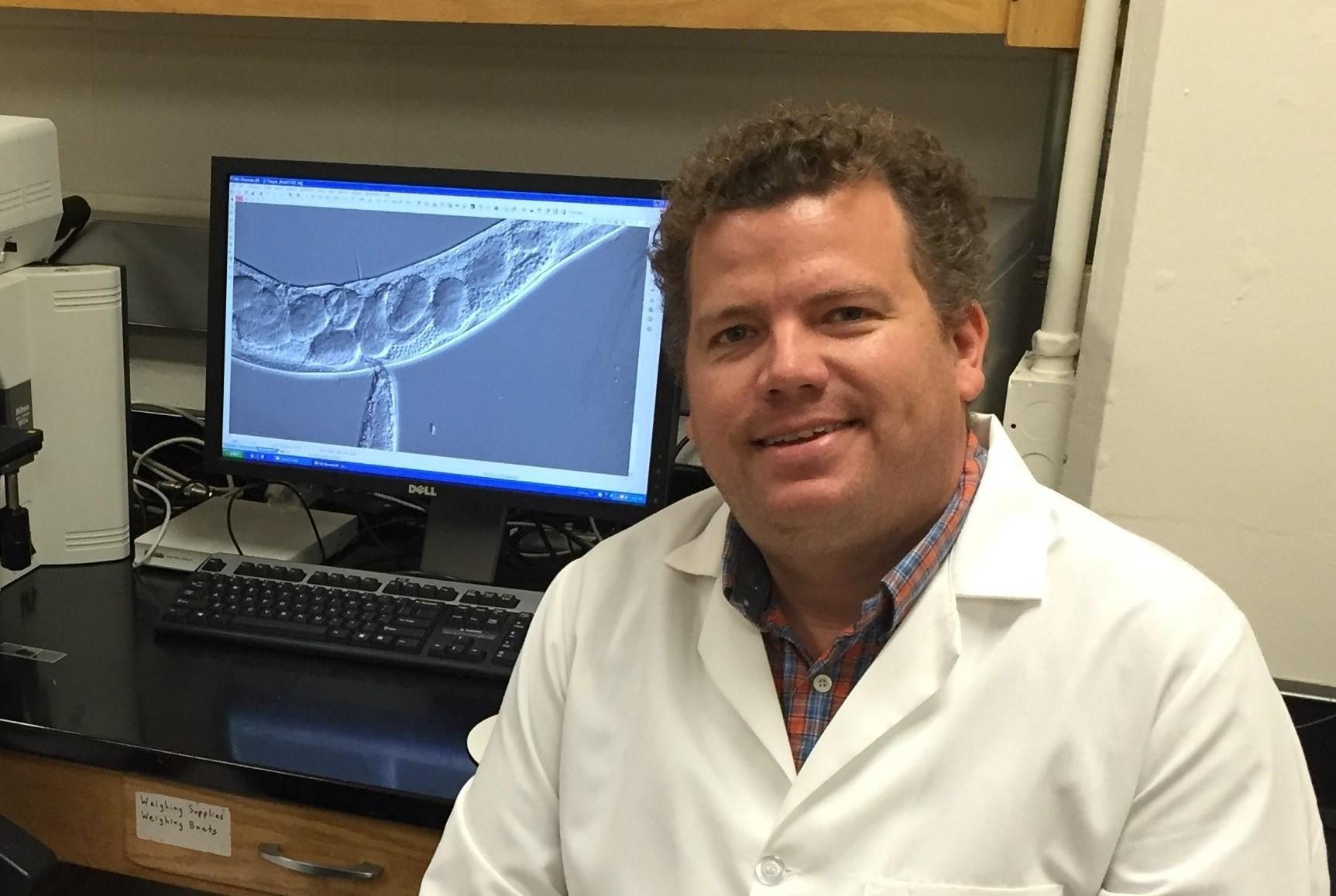Soil and Ecosystem Processes
Chris Barton
Forest Range, and Wildland Soils Research
Mark Coyne
 Soils and Environmental Quality Research
Soils and Environmental Quality Research
Dr. Coyne's research program in Soil Microbiology, Ecology, and Biochemistry focuses on N and C dynamics in agricultural environments, soil and environmental quality, fecal contaminants in the soil environment, and soil quality.
Brad Lee
 Soils and Environmental Quality Research
Soils and Environmental Quality Research
Dr. Lee's applied research activities include supporting the USDA NRCS National Cooperative Soil Survey research and soil mapping program; addressing soil quality, water quality and water quantity issues impacting municipalities and irrigated and dryland agricultural production systems; and evaluating nutrient management BMP's in both agricultural and urban environments.
Josh McGrath
 Soils and Environmental Quality Research
Soils and Environmental Quality Research
Dr. McGrath's program conducts applied research in agronomic soil fertility and nutrient management to maximize profitability, efficiency, and protect natural resources. This lab specializes in site-specific nutrient management, manure management, and water quality protection.
Rebecca McCulley
 Forest Range, and Wildland Soils Research
Forest Range, and Wildland Soils Research
Our lab is interested in the structure and function of grass and shrub-dominated ecosystems. We explore how human land use interacts with climate, soils, and biota in these ecosystems to impact the storage and cycling of nutrients at both local and regional spatial scales.
Examples of research questions our lab addresses:
1. How do grasslands respond to climate and land use change?
2. What are the ecosytem consequences of fungal endophyte infection in tall fescue?
3. What controls litter decomposition in aridlands?
4. How do invasive species affect grassland structure and function?
Hanna Poffenbarger
 Soils and Environmental Quality Research
Soils and Environmental Quality Research
Dr. Poffenbarger’s research group studies how carbon and nutrients cycle in soil-crop systems and uses this understanding to develop sustainable soil management practices and resilient production systems. Specific areas of interest include: nutrient capture and release by cover crops, spatial and temporal controls on soil nitrogen dynamics, subsoil carbon storage, and stabilization of root-derived carbon.
Jason Unrine
 Soils and Environmental Quality Research
Soils and Environmental Quality Research
My research group investigates the environmental fate, transport and ecotoxicology of trace-elements and engineered nanomaterials. Much of our research focuses on the transformations and impacts of trace-elements and nanomaterials in terrestrial and wetland environments. We have developed tools that utilize advanced analytical, imaging and spectroscopic techniques to investigate the environmental transformations, bioavailability, bioaccumulation, trophic transfer and maternal transfer of these contaminants. We relate this information to adverse organismal effects with population level relevance. Working closely with Dr. Olga Tsyusko, we also use ecotoxicogenomics tools to help elucidate the biochemical mechanisms of contaminant bioaccumulation and adverse effects. Our work with nanomaterials focuses on how the properties of nanomaterials relate to their bioavailability and adverse effects and how these properties change in the environment. We also work in the area of environmental health focusing on human exposure to trace-elements in support of epidemiology studies being conducted by the Markey Cancer Center and collaborate with scientists and engineers working to develop cost effective contaminant source reduction and waste handling techniques for mining. We frequently collaborate with outside researchers and have helped address a wide array of problems in trace-element biology, geology and chemistry.
